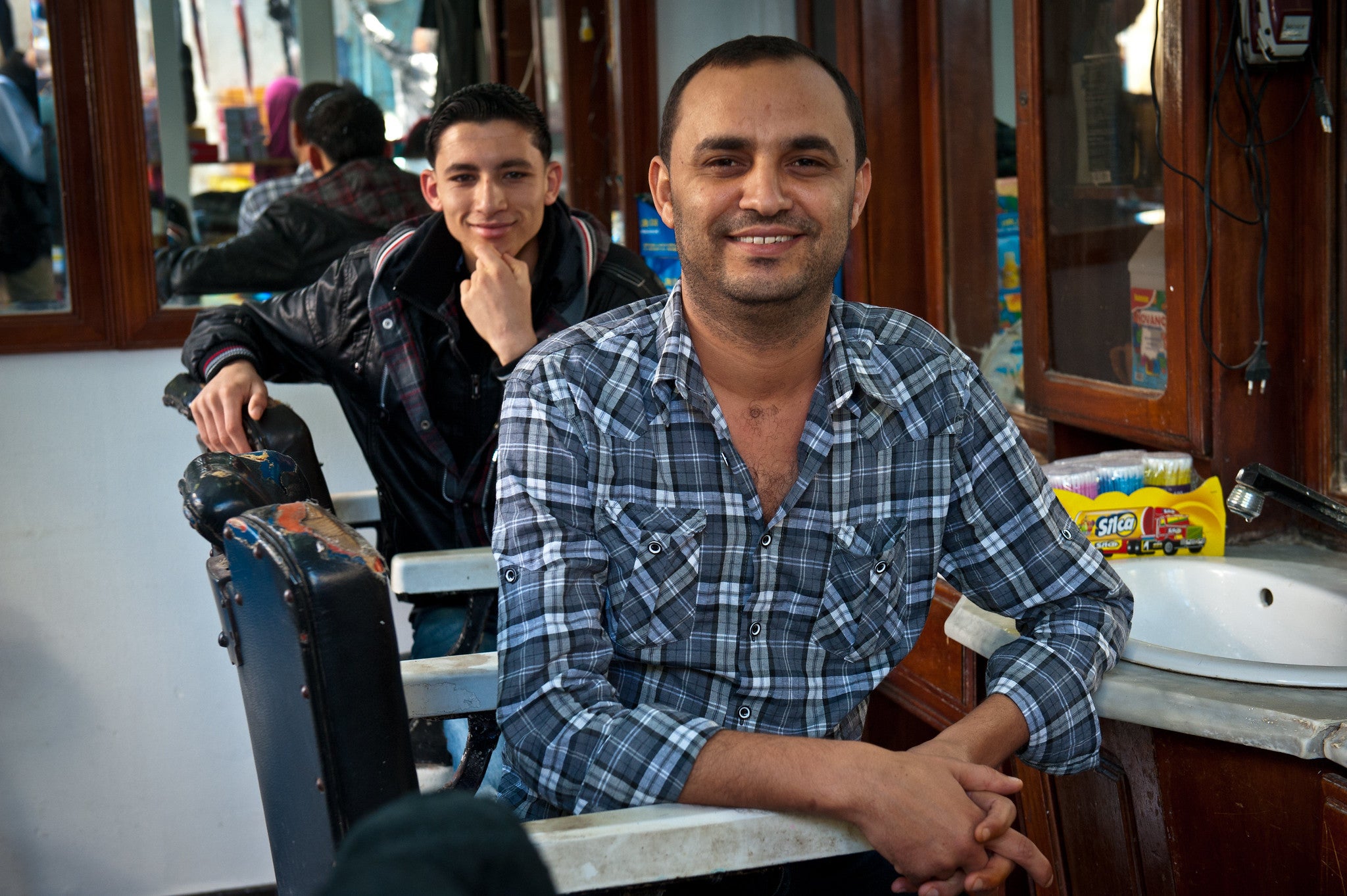 The World Bank
The World Bank
In Observance of World Refugee Day
What images come to mind when you hear the word “refugees”? It is enough to type this word into any Internet search engine to find that two types of pictures dominate the search outcomes: vulnerable (mostly female) or racialized, disturbing-looking (mostly male) individuals.
Both depictions are problematic. They feed the public perception of refugees as a “crisis”, a burden on a society, or “a security problem to be solved." So what images would reflect the complex reality of refugees better? We do not need to look far, just dig deeper—there is vast scientific literature on this topic.
Scientific facts about refugees paint a different picture
If the results of the Internet search reflected research findings on social and economic integration of refugees, we would be getting three types of images:
• A well-integrated neighbor
• A capable, hardworking and loyal employee
• An innovative entrepreneur
A well-integrated neighbor. It is a common misconception that refugees do not integrate as well as other migrants, but research shows just the opposite . Refugees invest more time and effort in acquiring new language and social and cultural skills, because their chances of returning to their home countries are lower. For example, longitudinal studies in the U.S. have shown that refugees learned English faster than other immigrants.
Moreover, studies in psychology indicate that up to two-thirds of refugees are able to cope with the traumatic experiences. They gain in resilience, develop new understanding of themselves, and learn new ways of how to relate to other people—not despite but because of the adversities they face.
A capable, hardworking and loyal employee. Employers who have experience of managing refugees are likely to recommend refugee candidates to other firms. This is because refugees are highly motivated to integrate into their workplaces . Importantly for businesses, they also tend to be more loyal and have higher retention rates in comparison to other employees.
This is now gaining recognition in business circles. Even the World Economic Forum (WEF) is telling its member companies that hiring refugees makes economic sense.
An innovative entrepreneur. It is a well-known fact that migrants have higher rates of entrepreneurship than native-born. Refugees also often become entrepreneurs. Their difficult life circumstances have taught them how to cope with challenges, tolerate risk, and innovate. These are the characteristics of a successful entrepreneur.
A study conducted by researchers from the University of Oxford in Uganda has shown that, when the country’s legal framework allows it, refugees swiftly make their way into the local business world. In the capital city Kampala, 78% of refugees received no international aid, earning, instead, their own income. 40% of refugee entrepreneurs provided work for Ugandan nationals.
Private sector is stepping up its game
We see this in initiatives such as TENT Partnership for Refugees and the WEF Refugee Employment and Employability Initiative, as well as with individual companies like ABN AMRO Bank, Chobani, Daimler, IKEA, Manpower, Starbucks and Thyssen-Krupp.
These large multinational enterprises are experts in moving people across borders and leveraging on cultural diversity to concur new markets. They have the resources and can develop tools for refugee recruitment, onboarding, mentoring, and skill development.
By contrast, small and medium enterprises often find it harder to access financing and lack the human resource infrastructure needed for hiring and supporting refugees. Yet they account for nearly 90% of businesses and over 50% of employment worldwide, and their untapped potential should not be overlooked.
We started this blog post by pointing at common portrayals of refugees. Companies that hire refugees, however, are becoming aware of a different picture, the one supported by research.



Join the Conversation